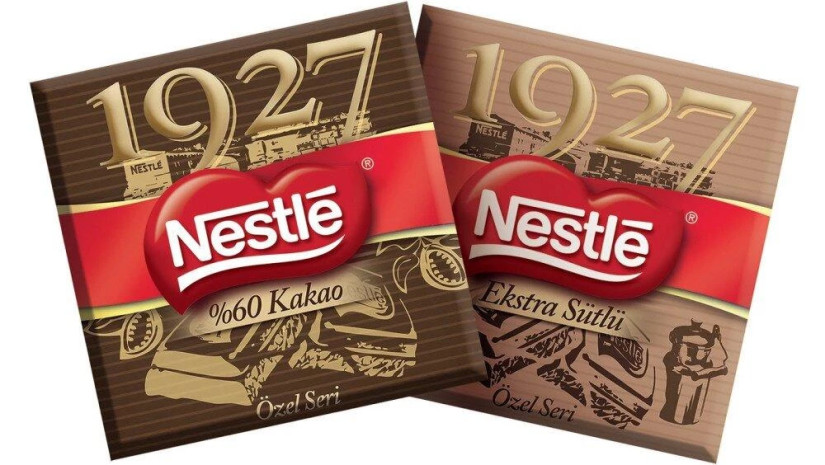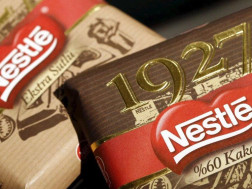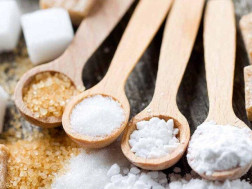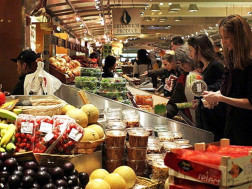The world’s biggest food group Nestle will raise prices further this year, Chief Executive Mark Schneider said on Thursday, after more expensive ingredients contributed to full-year net profit missing analyst expectations.
He declined to comment on the planned level of price increases, which he said were necessary to offset the damage caused by commodity price rises.
For consumers, whose spending power has already been cut by inflation at multi-decade highs, they are likely to add to concerns about strained household budgets and weakened economies.
The maker of Nescafe instant coffee and KitKat chocolate bars raised prices by 8.2% last year, but that did not fully offset the impact of increased costs for ingredients on margins.
“Our gross margin is down about 260 basis points - that is massive. That is after all the pricing we have done in 2022,” Schneider told reporters.
Price adjustments are likely to vary depending on markets. The U.S. and U.K. are seeing strong continued inflation while it has become more muted in markets such as China and Europe, he said.
In an interview with CNBC’s Julianna Tatelbaum in Switzerland, Schneider said: “We are watching with interest in quite a few markets whether the inflation that was largely energy and commodity-led, whether that will translate into a wage-driven inflation. Many countries negotiate their annual contracts at the beginning of the year, so that’s something we watch with interest, like everyone else.”
Europe was the company’s main drag on margins last year, with Nestle taking a roughly 190 basis point margin hit.
Schneider told CNBC: “It had a lot to do with inflation hitting North America earlier, in 2021, and for different reasons. Europe saw a spike in inflation, in energy costs, especially after the invasion of Ukraine. And so, clearly, some of the annual negotiations were already done, and it was harder to initiate pricing action after that.”
The rest of the packaged goods industry has also increased prices to cope with surging costs for almost all raw materials after Russia’s invasion of Ukraine compounded the impact of pandemic-related supply chain logjams.
‘Mixed emotions’ after rare miss
Schneider said inflationary pressures from logistics and more expensive arabica coffee and dairy products have eased, but remained high.
Real internal growth - a company indicator for sales volumes - rose only 0.1% for the year, weighed down by North America and the Nespresso business.
Barclays analyst Warren Ackerman said he expected “almost all” of the lower-than-estimated volumes would be the result of Nestle rethinking the variety of products it makes and supply chain constraints.
The question will be how much of the volume weakness persists from these factors into the first half of the year, Ackerman added.
Nestle said it targeted organic sales growth - which cuts out the impact of currency moves and acquisitions - in a range of 6-8% in 2023.
During 2022 the company’s reported sales increased 8.4% to 94.4 billion Swiss francs ($102.31 billion).
Schneider told CNBC that demand remained strong despite price rises, and consumers were able to swap to cheaper products in various categories while still buying its brands.
Coffee and pet care, the company’s “growth locomotives,” are “holding up extremely well,” he said. “We also see continued trends toward pet food premiumization in all advanced markets, and usually those trends do not slow down or stop during times of economic uncertainty,” he added.
Shareholders’ net profit fell to 9.27 billion Swiss francs, missing expectations for 11.58 billion francs, although the consensus forecast did not account for the impairment at Nestle’s Aimmune subsidiary last year, analysts said.
“Nestle’s fourth-quarter and second-half results will cause some mixed emotions,” Bernstein analyst Bruno Monteyne said, adding that Nestle’s water, confectionary and health science businesses contributed.
“Nestle rarely misses and that was a miss,” he said.
Shares in Nestle were marginally down on Thursday, CNBC reports.
















